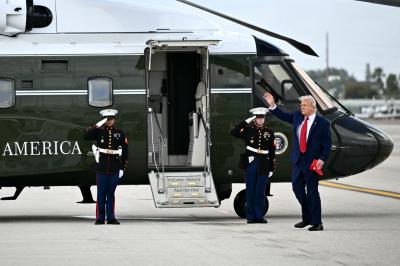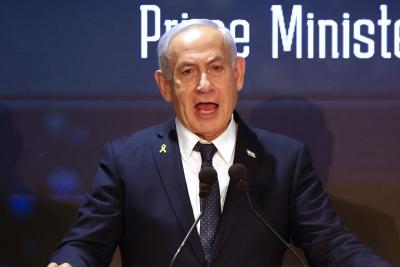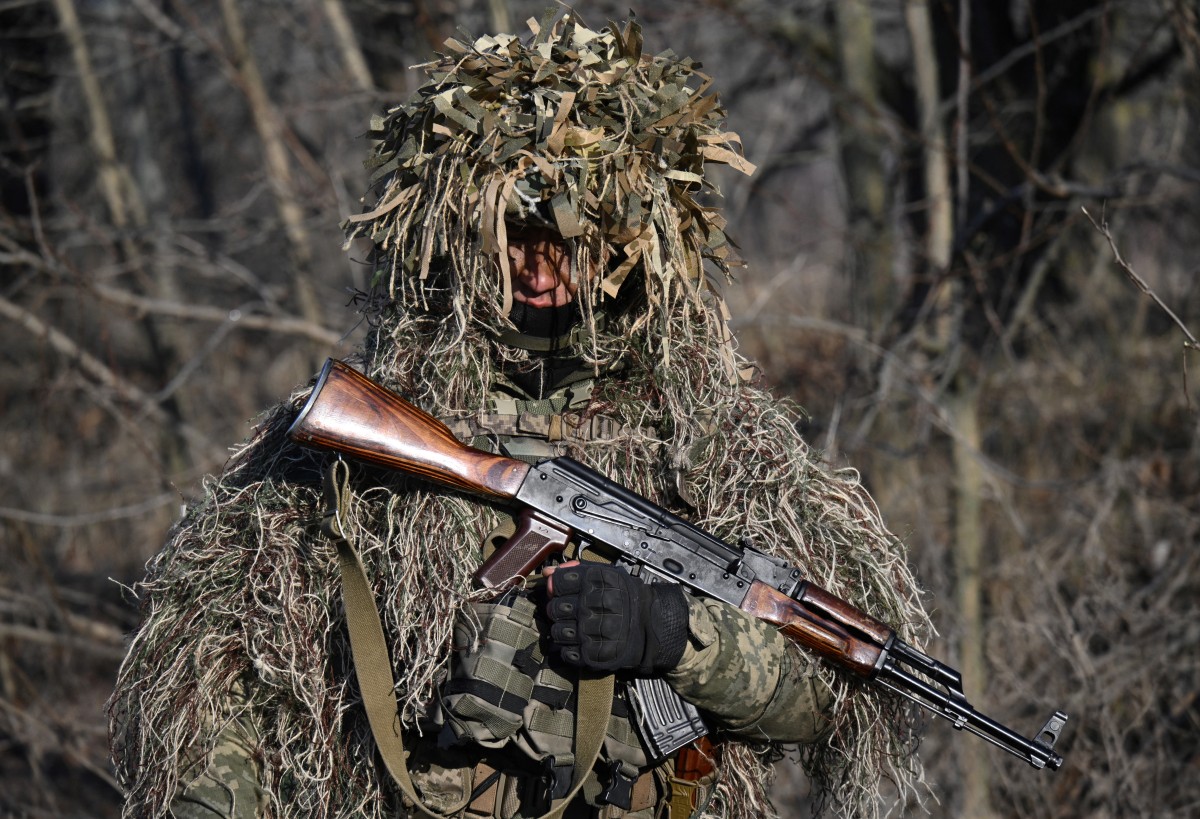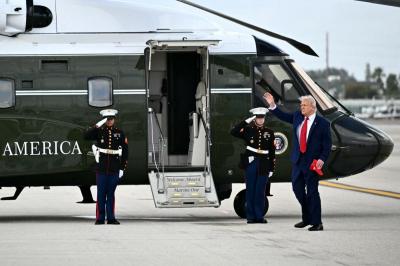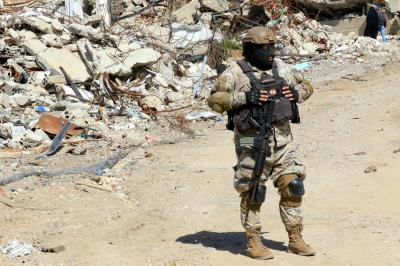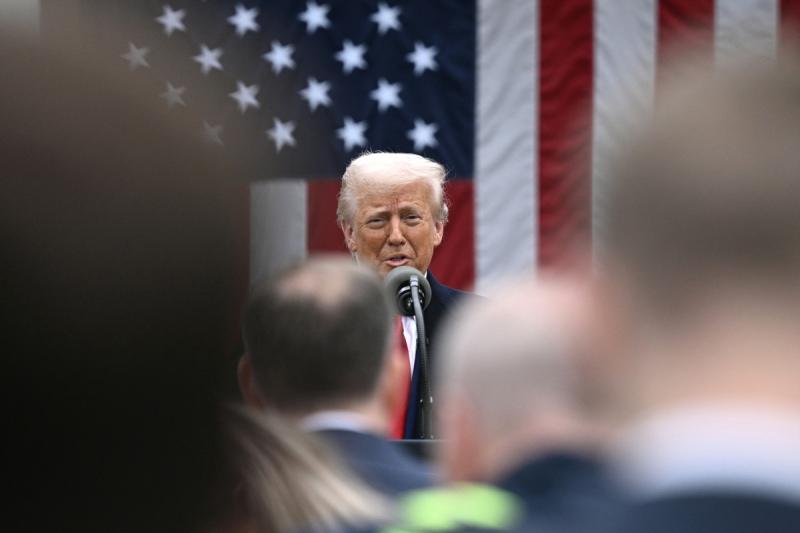The Russia-Ukraine war, now in its tenth year, has become one of the most devastating conflicts of the 21st century. What began with Russia’s annexation of Crimea in 2014 escalated into a full-scale invasion in February 2022, unleashing a humanitarian catastrophe, displacing millions, and redrawing the geopolitical map. Amidst the ongoing bloodshed, U.S. President Donald Trump, has acted on a campaign promise: to end the war within six months of taking office. He called his Russian counterpart Vladimir Putin and said that they both agreed on ending the war. However, Ukrainian President Volodymyr Zelensky did not waste any time in asserting that he will not agree on anything in which he did not take part.
Trump’s Promise: Dealmaker’s Gambit
Trump’s promise to end the war in six months is consistent with his self-styled image as a master negotiator. Throughout his political career, he has positioned himself as a disruptor of traditional diplomacy, someone who can cut through bureaucratic red tape and achieve results through personal relationships and hard-nosed dealmaking.
Trump’s approach likely hinges on several key strategies. He has long advocated for direct talks with Putin, believing that personal diplomacy can achieve breakthroughs where traditional channels have failed. This approach bypasses multilateral institutions like the United Nations and NATO, which Trump has frequently criticized as ineffective.
Trump may look for economic leverage and propose lifting Western sanctions on Russia in exchange for concessions, such as a withdrawal of Russian troops from Ukrainian territory. This aligns with his transactional view of international relations, where economic pressure is a primary tool of negotiation.
There is speculation that Trump might push for territorial concessions, recognizing Russian control over Crimea and parts of the Donbas region in exchange for a ceasefire. Such a move would be highly controversial, as it would legitimize Russia’s territorial gains through military aggression.
Trump could also explore the idea of providing security guarantees to both Russia and Ukraine, potentially involving NATO and other international actors. This might include limits on NATO expansion or the establishment of neutral zones to address Russia’s security concerns.
Zelensky’s Defiance, Distrust
Ukrainian President Volodymyr Zelensky has responded to Trump’s announcement regarding his phone conversation with Putin with a mix of caution and defiance. While acknowledging the need for a peaceful resolution, Zelensky has made it clear that Ukraine will not accept any deal that it was not a party to. Zelensky’s reaction underscores Ukraine's attachment to its sovereignty and its skepticism toward Trump's unilateralism and personalization of diplomacy. Let us not forget that Trump's withholding of aid earmarked for Ukraine was key to his first impeachment in the House.
This is why Zelensky has emphasized the importance of involving international institutions, such as the United Nations and the European Union, in any peace process.
Six-Month Timeline
Can Trump deliver on his "six-month" pledge? While it generated optimism, it faces significant obstacles, chief of which is Russia's strategic calculations as Putin’s willingness to engage in meaningful negotiations will depend on his assessment of Russia’s strategic interests. While the war has imposed significant economic and military costs on Russia, Putin may be reluctant to make concessions that could be perceived as a sign of weakness.
At the same time, Ukraine’s ability to withstand Russian aggression has been bolstered by unprecedented levels of military and economic aid from Western allies. Continued support from the United States, the European Union, and NATO has been crucial in maintaining Ukraine’s leverage in any negotiations. However, a Trump administration might prioritize direct talks with Russia over continued military aid, which could weaken Ukraine’s position.
International institutions, such as the United Nations and the Organization for Security and Co-operation in Europe, could play a vital role in facilitating peace talks and monitoring any agreements. However, Trump’s skepticism of multilateralism and his preference for unilateral diplomacy could marginalize these institutions, reducing their effectiveness in the peace process.
Public opinion in both Russia and Ukraine is a determining factor and will shape the prospects for peace. In Ukraine, there is strong support for resisting Russian aggression, which limits Zelensky’s room for maneuver. In Russia, state-controlled media has largely portrayed the war as a necessary defense against Western encroachment, making it difficult for Putin to justify any significant concessions.
Even if Trump succeeds in brokering a deal within six months, there is a risk that such an agreement could be flawed or unsustainable. A rushed peace process might fail to address the root causes of the conflict, leading to a temporary ceasefire rather than a lasting resolution. Moreover, any deal perceived as favoring Russia could embolden other aggressors and undermine the international rules-based order.
 French
French



